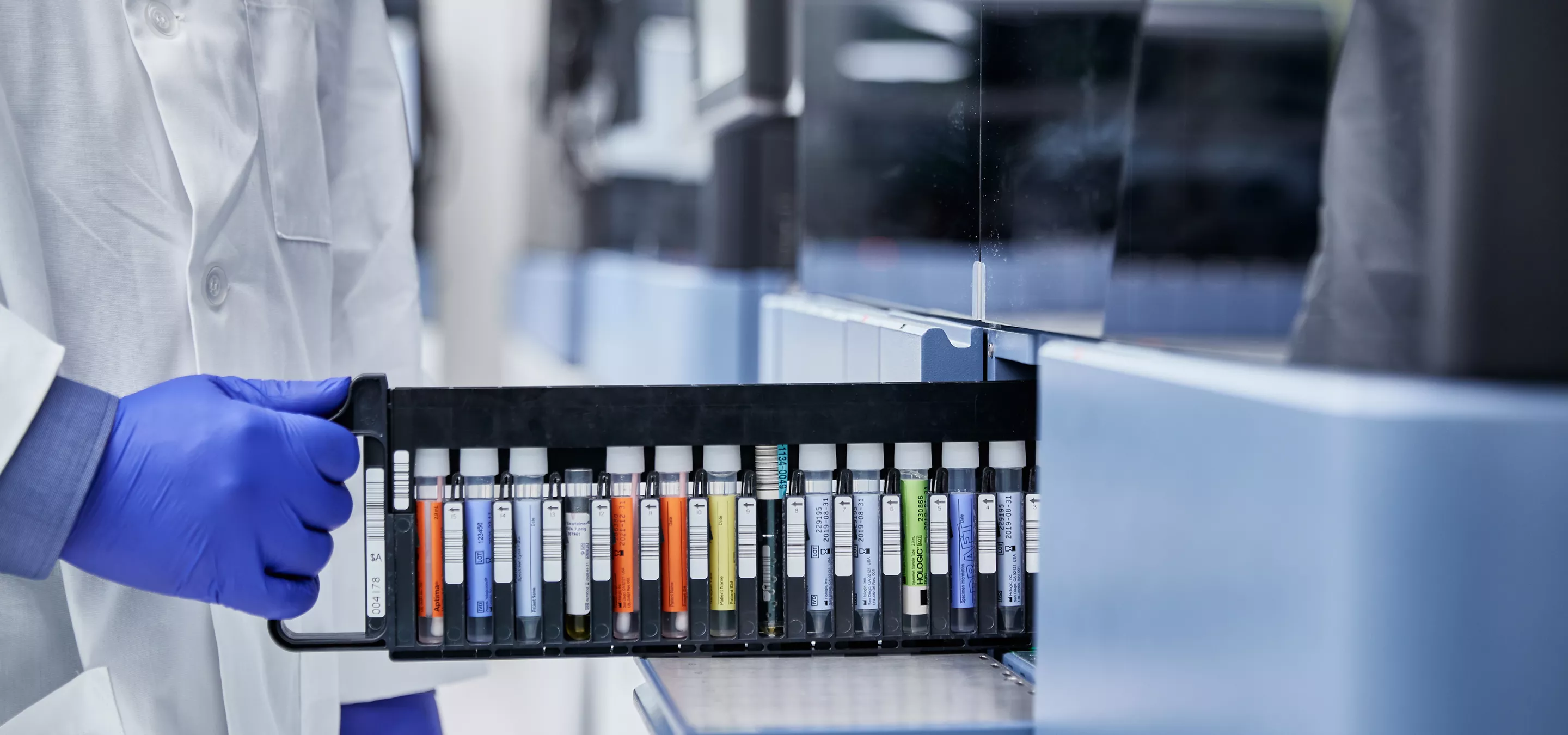One Vaginal Swab Can Detect Multiple Diseases and Infections

Combined with highly sensitive NAAT assays, vaginal swabs provide more answers for sexual and vaginal health.
With the rate of sexually transmitted infections (STIs) on the rise domestically and worldwide, laboratories must empower healthcare providers (HCPs) to use the most accurate and effective diagnostic tools available. When it comes to sample collection to test for urogenital infection, the evidence is clear: vaginal swabs are superior to urine testing for STIs.1-5 Yet, despite more than a decade’s worth of data to support such findings, urine tests remain common practice. As a result, undetected or misdiagnosed infections may be exacerbating factors contributing to the dramatic increase in STI rates overall.
Accurately diagnosing STIs is complicated by asymptomatic infections, overlap in symptoms when they do present, and frequent co-infection with more than one pathogen. By encouraging HCPs to follow the latest CDC guidelines recommending vaginal swab collection, laboratories can streamline their inventory of assays while, at the same time, broadening their capacity for accurate STI detection.6-7
For instance, the Aptima® Multitest Swab facilitates testing for up to seven infections and disease states from one vaginal sample, including often overlooked STIs like Mycoplasma genitalium (M. gen), which may otherwise be misdiagnosed as chlamydia or gonorrhea.8-12 Integrity of the sample is further maintained by a direct load workflow in which the Aptima® tubes with penetrable caps go directly into the Panther® system, thereby reducing potential contamination and labor. By running an expansive menu of STI assays on one vaginal sample, turnaround time can be reduced, helping facilitate faster treatment with greater efficacy for patients diagnosed with one or more STIs.
The Aptima® Multitest Swab also offers convenience and comfort that may help overcome certain barriers to sexual testing. In addition to reducing the likelihood of callbacks and retesting, women surveyed prefer vaginal swabs over urine collection,13 and self-collected vaginal samples are as sensitive as clinician-collected vaginal swab samples.7 Laboratories equipped with these tools can educate and empower HCPs—and by extension their patients—about the many benefits of the Aptima® Multitest Swab and perhaps foster greater willingness to follow routine and response testing guidelines. We all know that increased testing is an important way to reverse the concerning rate of STIs, and one simple swab could play a very big role in that effort.

